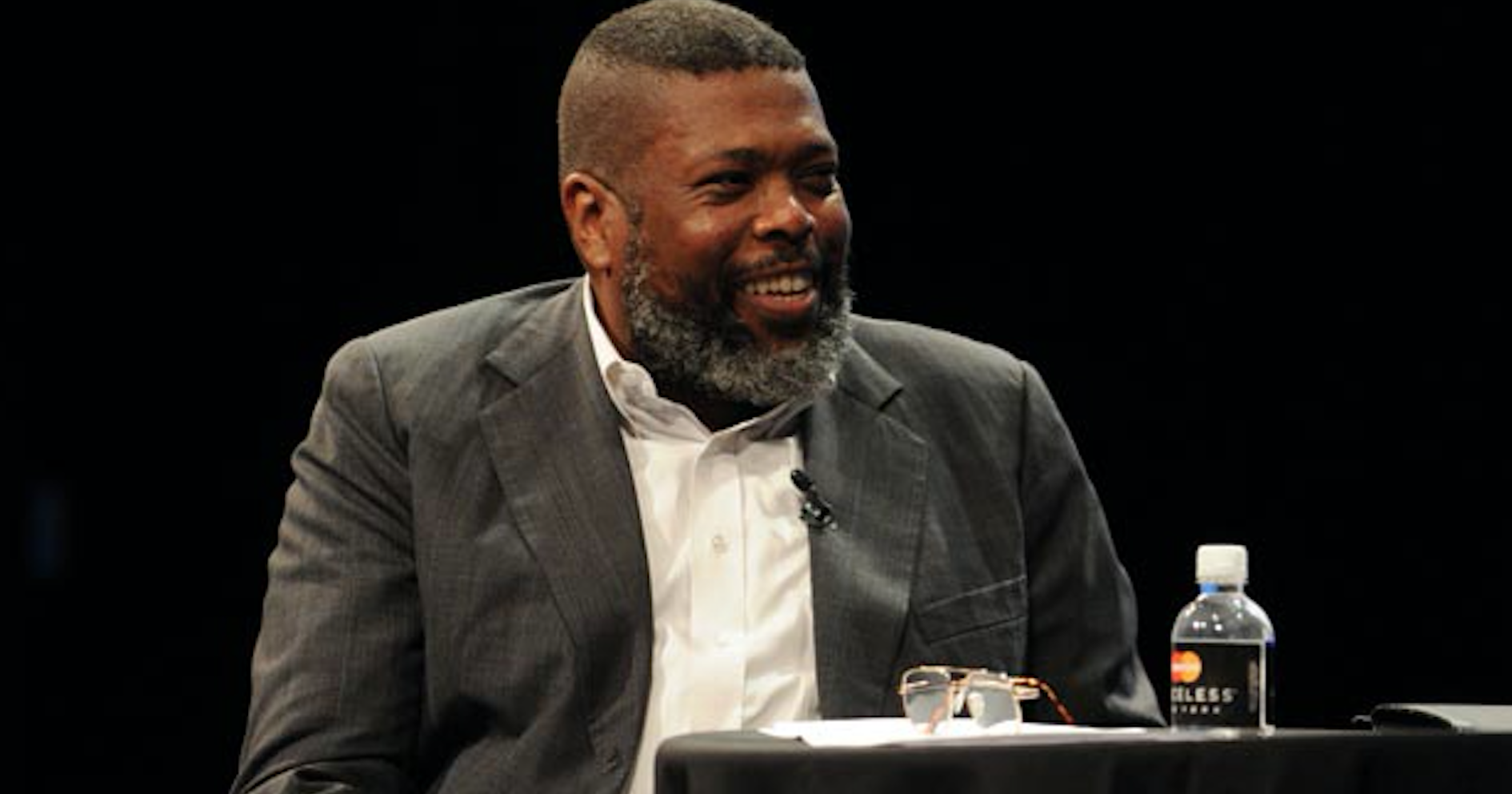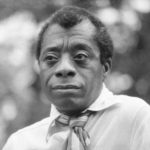by Carlene Ervin (Contributing Writer)
James Baldwin (1924-1987) was an African American writer who engaged in many forms of his craft: including novels, essays, and plays. Baldwin cannot be placed into a box or described in a perfect bow. He was complicated, and his works, like The Fire Next Time and No Name in The Street demand to be engaged critically.
On September 20th the Whitney Humanities Center and the Windham-Campbell Festival hosted the first Franke Lecture on James Baldwin. Franke Lectures are public lectures given in conjunction with an upper-level seminar. This year the lecture series, curated and moderated by Professor Jacqueline Goldsby, focuses on James Baldwin’s impact on American Literature. Professor Goldsby is Chair of African American Studies at Yale and a professor of English and African American studies.
The Franke Lectures’ first guest was Hilton Als, one of the 2016 recipients of the Windham-Campbell Prize in non-fiction writing. Als, a critically acclaimed writer, also works as a staff writer for The New Yorker and is an associate professor in writing at Columbia University.
After a warm introduction by Professor Goldsby, Als joined her on stage. Everyone in the room, from retirees to the students in Professor Goldsby’s class, seemed to hold their breath to hear how Als would begin his talk. He sat down on the chair on the stage, with his bag in his lap. After a brief moment of silence, Als exclaimed, “I feel like my mother, sitting with my purse in my lap.” The crowd laughed and everyone seemed to be more comfortable, while Goldsby looked on with admiration and respect in her eyes and posture.
From that moment on, being in the Whitney Humanities Center Auditorium, despite its size, felt like peeking in on these prominent Black scholars in an intimate setting as they discussed historical and social issues like two old friends. Professors Goldsby and Als delved into how writers like Baldwin deserve a space in the American canon and the African American tradition.
We were given glimpses into the hardships of growing up Black and queer and wanting to be a writer but not really knowing what was realistic. For many, Baldwin is not just a writer, but also an activist and a constant source of inspiration. Als recounts how he saw Baldwin’s picture on the cover of Notes of A Native Son and Toni Morrison’s picture on the back of The Bluest Eye, and that showed him, as a young Black writer, that is was possible for a Black person to make a career out of writing. Black literature became real to him in that moment. Goldsby adamantly agreed, while filling in information for audience members who might be unfamiliar with the works of Baldwin.
The documentary Take This Hammer (1963) explores Baldwin’s 1963 trip to San Francisco. He went around talking to young Black men about their experience with racism, incarceration, and deindustrialization. In the clip Goldsby showed, we watched Baldwin engage in a debate with a young Black boy about whether America could ever have a “Negro President.” The boy, weighed down by his experiences with America, could never see a world with a Black president. Baldwin seemed somewhat optimistic. After the clip ended, both Professors Goldsby and Als seemed both overcome with emotion that we in fact, have a “Negro president,” but also that his presidency is coming to an end. Goldsby asked Als what he thought Baldwin pointed to as needing to change to make way for Obama. Goldsby suggested the economy, but Als pointed towards Obama’s Black wife, Michelle Obama. The focus on Michelle as the path to presidency for a Black man because, according to Als, she had to change the story of intimacy for people of color in America.
Although Als and Goldsby didn’t agree on everything, they both showed a very clear mutual respect and admiration of each other’s, and Baldwin’s, Black scholarship. They were unafraid to revel in each other’s brilliance. At one point, Als – in response to a claim made by Goldsby—exclaimed, “You’re amazing. That’s amazing. Wow.”
“Wow.” Seems like a simple word but it is simply perfect to describe how it feels to sit in the crowd and watch a Black woman engage, and command, a room with another brilliant Black scholar to discuss astonishing Black literature. At a place like Yale, it is never clear when an opportunity like this will come back around. If you are interested in exploring Baldwin or Black thought in a low stakes environment, look out for the remaining four public lectures at the Whitney Humanities Center.



